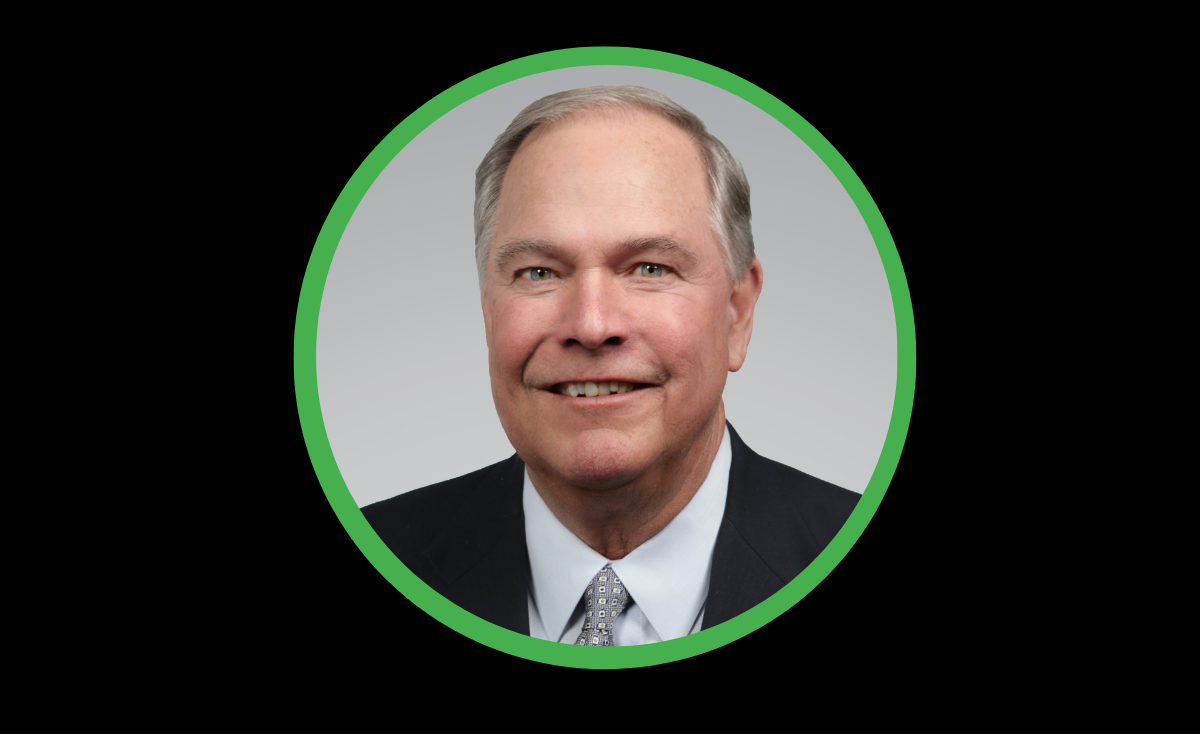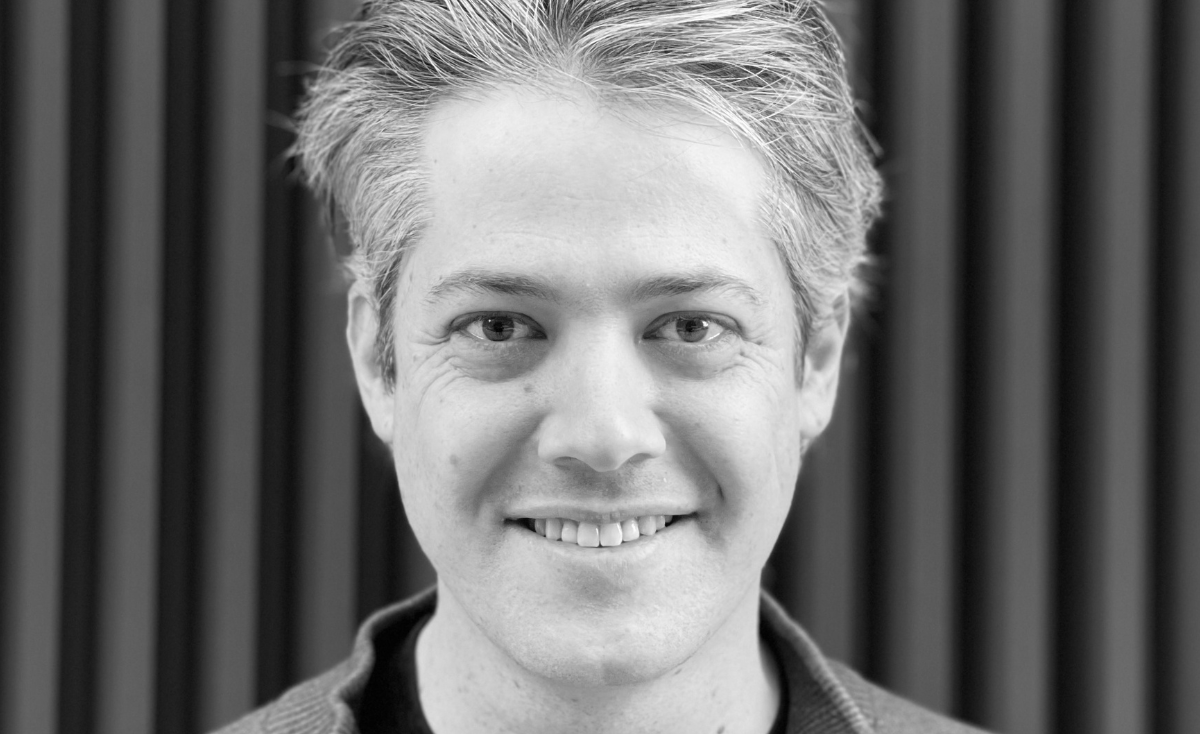 Bill Stone, Chairman and CEO of SS&C Technologies.
Bill Stone, Chairman and CEO of SS&C Technologies.
Join us for The Post-Pandemic Office: Operations, Technology, Outsourcing & Managed Services In The Investment Management Industry webinar, which will take place on 16th June, produced in collaboration with @SS&C Advent.
For more information, click here.
Andrew Putwain: What are your thoughts on strategies for implementing a new administration platform for companies in modern fund investment/management with references to how SS&C went about it?
Bill Stone: The challenge with all fund operators is looking for performance, which means they must find alpha, or above-benchmark returns.
If everybody goes to the FTSE 100 or the S&P 500, then you must outperform those indexes. To do that, an operator must get into different asset classes.
Currently, private credit is attractive. But your administration system may not be able to manage the different, irregular, or bonus interest payments or the other aspects that are hallmarks of private credit. This is when people start looking for different administration systems. In addition, these firms may have outgrown their current systems, and the capacity cannot manage the volume or complexities they have added to the system.
"A company should always look for new strategies, whether technological or otherwise because the world moves on."
Platforms such as Zoom have improved the teleconferencing aspect of business during the pandemic and onwards. Progress often causes a change in different places in [fund management].
Fund managers employ smart people, so they understand the necessity to innovate and be able to do tasks more efficiently than they did last year. Certainly, more efficient than five years ago.
A company should always look for new strategies, whether technological or otherwise because the world moves on. However, managing technology when it is moving so quickly is a challenge. It takes management and wisdom.
Andrew: Can you talk us through a legacy IT system vs. a new IT system and why choosing one over the other and its implementation can be so key for financial services companies?
Bill: This depends on your objectives and defining these internally to have clarity. The range of possibilities is broad, depending on what the strength is.
Try and match your current objectives with the longer term. For example, some people want you to have a system that will be very flexible and be able to change but still be usable for 20 years – and to that, I say 2002 was a long time ago, and technology then was vastly different. Being able to encapsulate everything that is going to happen or change technology-wise in the next few years goes beyond the capability of any organisation. No matter how great the great thinkers are at that firm or in the wider technology industry, they don't think of everything.
There are regulators in every jurisdiction and understanding the collective changes they will require as we move forward can’t be predicted either. For example, the world’s ten biggest car companies combined don't match the current market value of Tesla, which was only founded in 2003 – those are the epic ways in which the world changes and we must try and understand that.
When you look at a legacy system, you will get way more functionality. For example, it will be able to handle multicurrency, multilingual deals, and fixed income and equity derivatives.
"With a new system, you do get the latest and greatest technology. It is a catch-22 - you get certain advantages if you go one way, and you get certain benefits another way."
But it may not be in the cloud or on the latest microprocessor or using Snowflake or other brand-new technologies. You have optionality; invest in whatever you want. Your old system will still produce reports; you can go into real estate, commercial loans, or variable rate notes, but you can't do Cloud-based operations, and you can't do some other technological things.
With a new system, you do get the latest and greatest technology. It is a catch-22 - you get certain advantages if you go one way, and you get certain benefits another way. Often, you need to understand your workforce - what can they absorb? How strong are they?
The reality is, in general, it is the client and their competence and capability driving most decisions and what makes a project successful. Vendors and consultants can help their clients if they tell them the truth and do it tactfully. People often don't like criticisms. They certainly don't like criticism from people they have paid but saving time and clarity in those implementations makes for success.
Andrew: Why are good administration and smarter working so important in this industry and how does making it more streamlined and user-friendly help overall?
Bill: The value to your clients as a fund company and investors is net returns -- your gross returns, and then you must take away the expenses. The more efficient you are in the middle and back office, the more money you can save in that process benefits your investors.
"People must take a view and understand that no matter what you do, you will have your systems and your operations run by humans. Humans make mistakes."
This is pure profit for your investors, so you should want to do it as efficiently as possible. But you don't want to start tossing nickels around like they are manhole covers. You must be willing to invest in having the results you wish and managing the risks inherent in the stakes.
People must take a view and understand that no matter what you do, you will have your systems and your operations run by humans. Humans make mistakes. You need a system of internal controls that generally catches those things, gets them fixed and moves on. The most important thing about efficiency is that it allows you to have a wider lens as to what you will invest in, allowing you to do it with less risk.
Andrew: Where would you recommend general improvements in a funds operation/admin system?
Bill: The key to understanding the operations is to know what the workflow is – how do you generate orders – what is the research, how do you approve securities, and how does this get into the portfolio manager’s hands. You need to chart that out and see where things double up.
You have to chart that in a way to see what is inefficient. Make sure people have that information to get the approvals in before you start loading up the system. You do not want to load up the system and, for example, the trades haven't been approved and things get out of order.
"Look at your workflows and make sure that what you are trying to do is the most efficient workflow you can have."
Andrew: If a fund operator were looking to rework their IT and operations system, can you talk us through your recommendations and what aspects would focus on?
Bill: Invest in your human capital first. Make sure you have the right people, make sure they are well trained, and keep up the training. Don't let somebody be in the same job and doing the same thing for three, four or five years. You are not going to get the efficiencies you think you will get with that scenario. So, if you are the CEO or COO of these places, and you don't believe you have bright enough people, then get some; I always tell people to listen to smart people. They have answers.
Look at your workflows and make sure that what you are trying to do is the most efficient workflow you can have. You must get good information and ask the people you have to be willing to take risks.
Develop a sense of urgency to get things done. Don't let it turn into next week, next month, next quarter, and next year. That is when you see projects go off the rails -- when there are no clear objectives with a sense of urgency to meet.
Join us for The Post-Pandemic Office: Operations, Technology, Outsourcing & Managed Services In The Investment Management Industry webinar, which will take place on 16th June, produced in collaboration with @SS&C Advent.
For more information, click here.
Please Sign In or Register to leave a Comment.
SUBSCRIBE
Get the recent popular stories straight into your inbox




